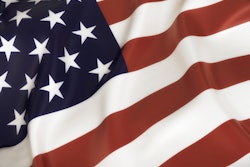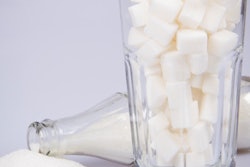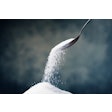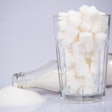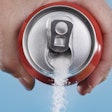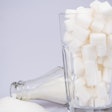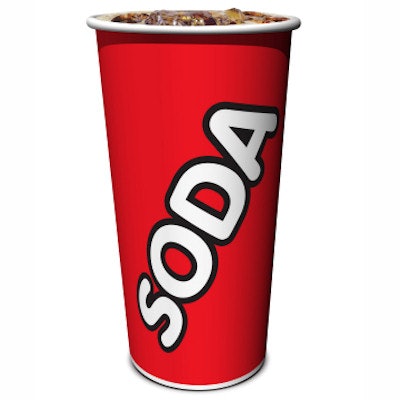
Seeking to stem alarming rates of obesity, diabetes, and dental caries, San Francisco has become the first U.S. city to require health warnings on ads for sodas and sugary drinks. The pioneering law is a victory over the beverage industry's efforts to manipulate science, according to the authors of an editorial in the Journal of the American Medical Association (JAMA, August 1, 2016).
In 2015, San Francisco lawmakers passed a proposal requiring health warnings on ads for soda and other sugar-sweetened beverages (SSBs). The ordinance, which took effect July 2016, requires that warnings be included on ads for these beverages on billboards, buses, transit shelters, posters, and stadiums in the city. The warnings are not required for ads for newspapers, magazines, and television, as well as menus or product labels.
Science versus the beverage industry
The beverage industry fought back, with their attorneys asserting that the warnings are not supported by science.
 Dean Schillinger, MD.
Dean Schillinger, MD."This case shows how the beverage industry tries to hijack scientific language and scientific methods to hijack science and public health and obfuscate scientific truth," Dean Schillinger, MD, told DrBicuspid.com. Dr. Schillinger, a professor of medicine in residence at the University of California, San Francisco (UCSF), is a co-author of the JAMA opinion piece, along with Michael F. Jacobson, PhD, from the Center for Science in the Public Interest in Washington, D.C.
"A clear, factual warning notice about health effects related to SSBs may be important in reducing disease rates among many people, including those with the lowest health literacy; low health literacy is associated with SSB consumption," the authors wrote.
U.S. District Court Judge Edward M. Chen rejected efforts to stop the law.
"The city has a legitimate interest in public health and safety, and the warning that [sugar sweetened beverages] contribute to tooth decay is reasonably related to the city's interest in public health and safety," he ruled in a May 17 decision.
Researchers with the International and American Association for Dental Research have called for a re-emphasis on free sugars as the main cause for caries.
To reduce the significant financial and social burdens of caries, free sugars in the diet should make up no more than 3% of total energy intake, according to a study by British researchers. Citing the current high amount of sugar intake worldwide, a new and radical policy of progressive sugar reduction is needed, the study authors stated.
The beverage industry also claimed the San Francisco law violated free speech rights and unfairly singled out their products, noting that calorie-rich foods like pizzas aren't required to carry warnings.
"Industry relied on several strategies, such as financing research, manipulating scientific communications, applying scientific reductionism, dismissing behavioral and econometric studies, and demanding perfect scientific evidence," the JAMA editorial authors noted.
The fight over San Francisco's law shows the beverage industry's callous disregard for the harmful health impacts of its products, Dr. Schillinger said.
"In misappropriating scientific methods to reject science, the sugar-sweetened beverages industry, whose objectives are to sell products (even if those products, in the amounts consumed by millions of Americans, could promote illness), demonstrated the vulnerabilities to which science can be subjected," Dr. Schillinger said.
Public health victory
San Francisco's law represents a "watershed victory in public health efforts," demonstrating that "the public health duty to warn can be reconciled with constitutional protections, without jeopardizing scientific integrity," the authors wrote.
In addition to the San Francisco advertising law, in June 2016, Philadelphia lawmakers approved a tax on sugar-sweetened and diet beverages, the first such tax imposed in a major U.S. city.
Such policies could benefit everyone, especially poor children, who are often the targets of soda ads and have alarmingly high caries rates, Drs. Schillinger and Jacobson pointed out.
The San Francisco law "provides a pivotal legal precedent that could influence public health policy at local, state, and national levels related to communicating the health risks inherent to SSBs and other products," they concluded.




